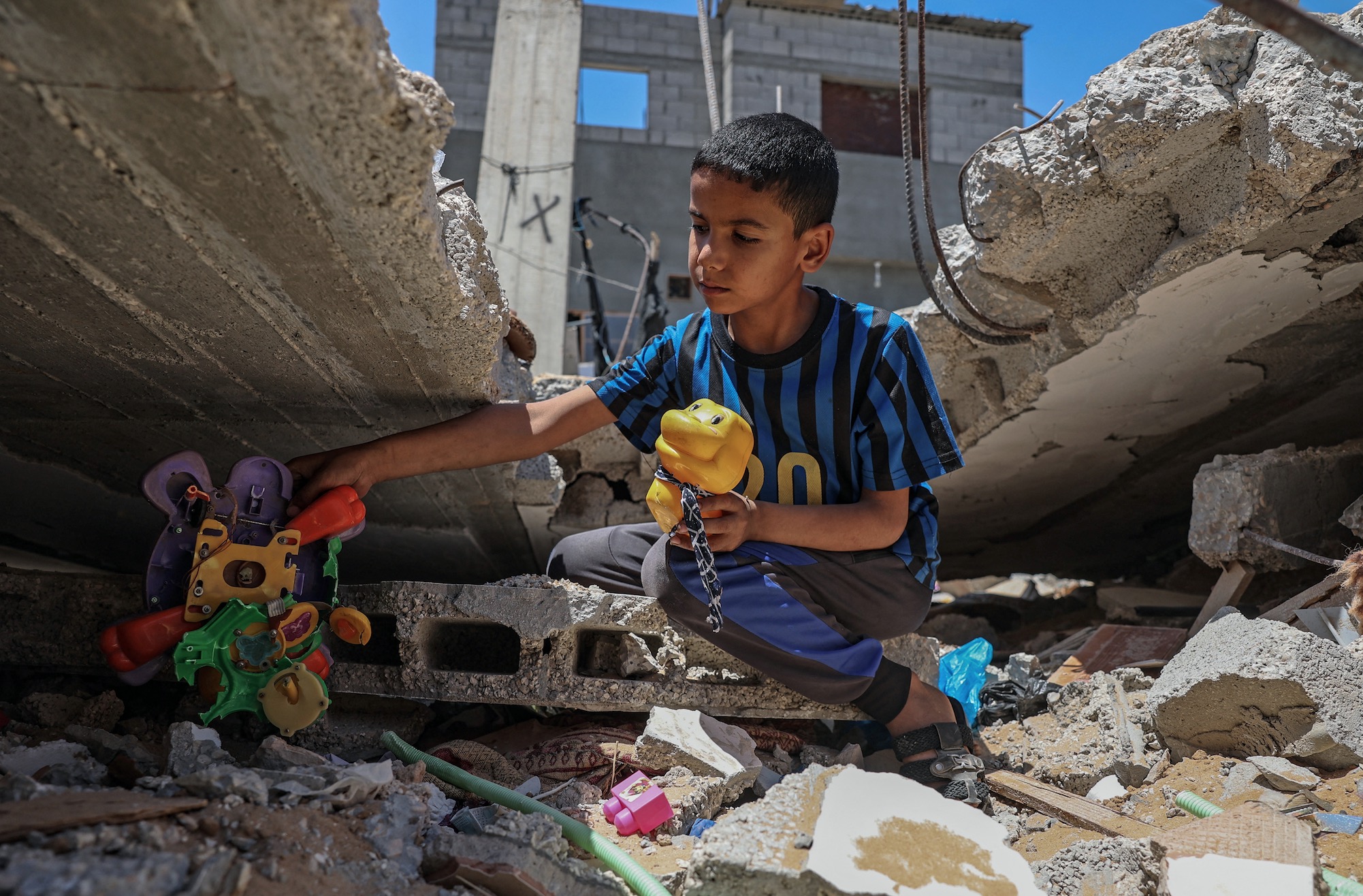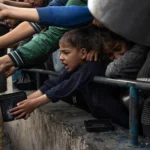Israel has issued a deadline coinciding with the start of Ramadan for the resolution of the Rafah situation, warning of a ground offensive if hostages are not released by then.
Despite international appeals, including from Algeria, Israel remains firm in rejecting calls for a ceasefire.
Over the past 24 hours, the death toll among Palestinians has risen by 107, with over 69,000 wounded in Israeli operations in Gaza. Tragically, 29,000 Palestinians have succumbed to starvation amidst the crisis. Disturbingly, two-thirds of Gaza’s casualties are women and children.
Concerns persist as Israel conducts strikes on Khan Younis and prepares for a potential offensive in Rafah.
Retired Israeli General Benny Gantz, part of Prime Minister Netanyahu’s “War Cabinet,” has warned that if Hamas fails to release hostages before Ramadan begins on March 10th, the conflict will escalate to Rafah. However, it’s crucial to note that any suggestion of parity in weaponry between Palestinians and Israelis is erroneous.
The plight of Palestinian civilians seeking refuge amid the destruction remains uncertain, especially with Rafah’s proximity to the Egyptian border.
Despite evacuations ordered by Israel, over half of Gaza’s population has sought shelter in Rafah.
Netanyahu has reiterated Israel’s determination to “finish the job” despite international pressure, including from the United States, which has called for unilateral recognition of Palestinian statehood. While the Biden administration claim to be fervently opposed to the Rafah ground invasion, the administration still approved 14 billion dollars in aid to Israel.
Hamas’ demands, including Israeli troop withdrawal and the rebuilding of Palestinian arsenals, have been dismissed by Netanyahu as unrealistic.
The U.S. ambassador to the United Nations, Linda Thomas-Greenfield, has stated that the U.S. will veto an Algerian plan for an immediate ceasefire, preferring a sustainable resolution to the conflict that ensures six weeks of calm to facilitate essential humanitarian aid delivery to Palestinians.
Thomas-Greenfield cautioned that the Algerian proposal might not yield comparable outcomes and could potentially undermine them. She cautioned that if the Algerian plan were to be put to a vote, it would face rejection.



